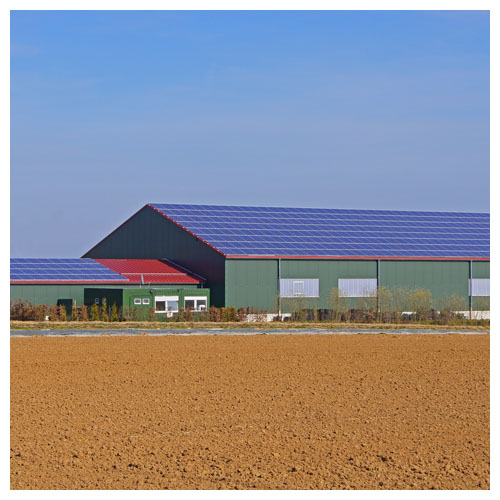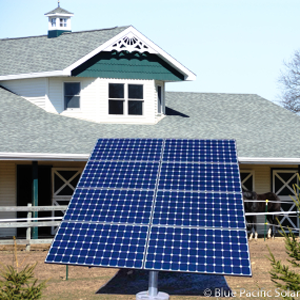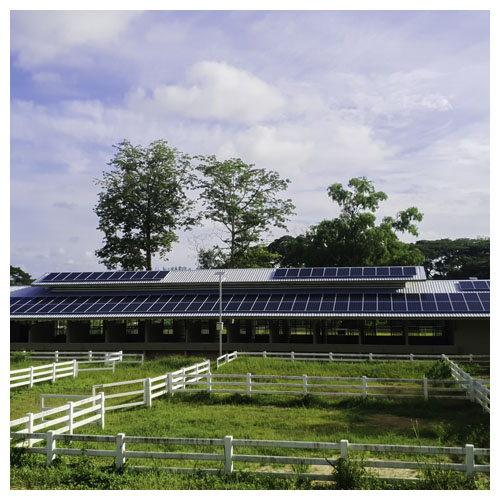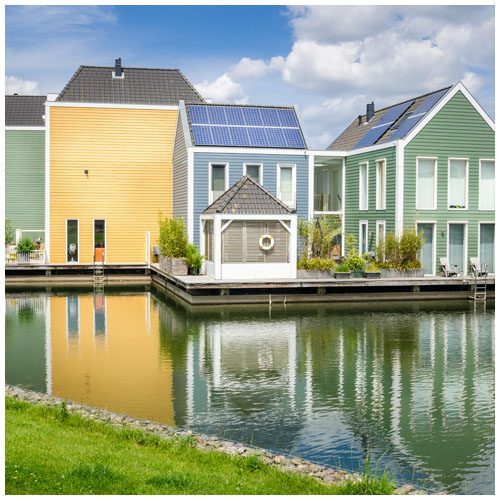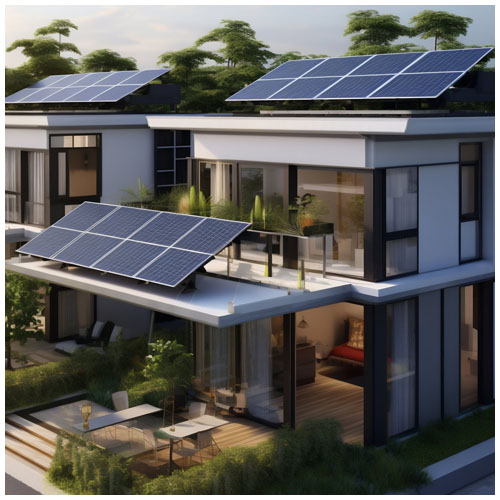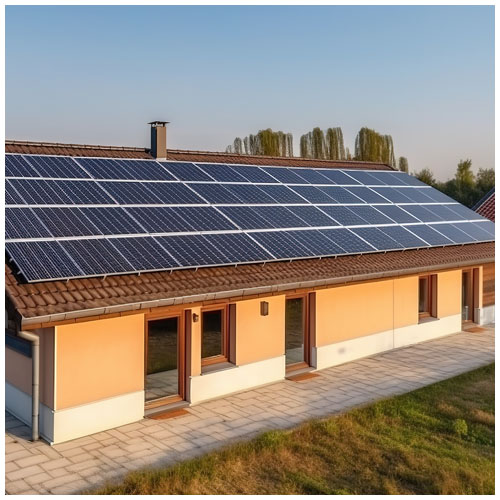Do your Solar Shopping Today
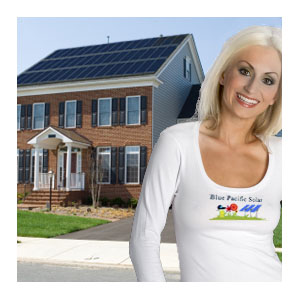
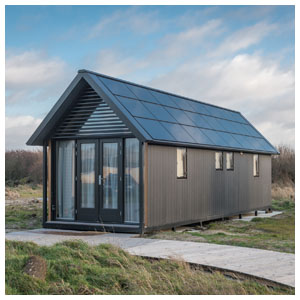
Off-Grid Systems
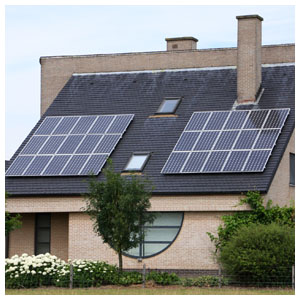
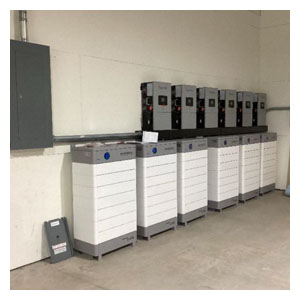
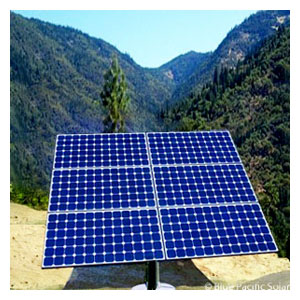
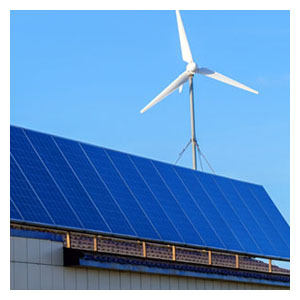
Wind Solar Systems
What is a DIY Agriculture Solar System?
As the global population continues to grow, so does the demand for food. Traditional agriculture practices, however, often rely heavily on fossil fuels and can have a significant negative impact on the environment. Thankfully, there is a renewable and sustainable alternative: DIY solar power for agriculture.
About DIY Agriculture Solar System?
A DIY agriculture solar system is a small-scale solar power system designed to meet the specific needs of a farm. It typically consists of:
- Solar panels
- A charge controller
- Batteries (optional)
- An inverter
The solar panels convert sunlight into direct current (DC) electricity, which is then stored in batteries or used directly by the farm's equipment. The inverter converts DC electricity to alternating current (AC) electricity, which is the type of electricity used by most appliances and equipment.
Benefits of DIY Agrivoltaics Solar Systems
There are many benefits to using DIY solar power for agriculture, including:
- Reduced reliance on fossil fuels
- Lower energy costs
- Increased energy independence
- Improved crop yields
- Environmental benefits
Getting Started with DIY Agriculture Solar Systems
If you're interested in installing a DIY agriculture solar system, here are the steps involved:
- Determine your energy needs
- Choose a location for your solar panels
- Select your solar panels
- Purchase the necessary equipment
- Install the system
Tips for Building Your DIY Agrivoltaics Solar System
Here are a few tips for building your DIY agriculture solar system:
- Do your research
- Start small
- Get help from others
Examples of DIY Agriculture Solar Systems in Action
There are many examples of farms around the world that are using DIY solar power. Here are a few examples:
- Sunflowers Farm in Pennsylvania
- Twin Oaks Community in Virginia
- The Farm at Ithaca in New York
Conclusion
DIY agriculture solar systems are a great way to reduce your farm's reliance on fossil fuels, save money on energy costs, and improve your environmental impact. With a little planning and effort, you can build a DIY agriculture solar system that will help you power your farm for years to come.

